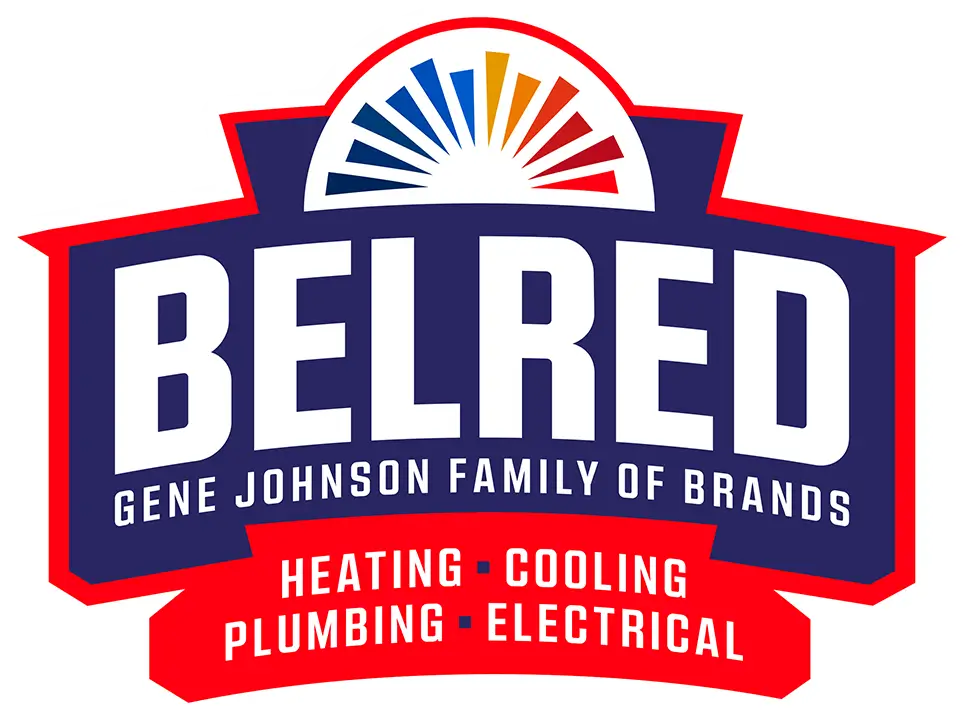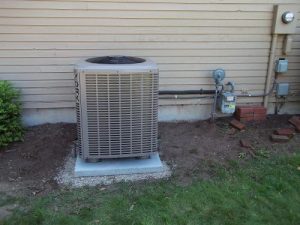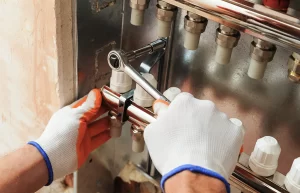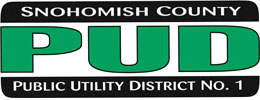Your home’s water can be one of the biggest energy users in the home. Many factors come into play when taking into consideration how much energy you’re using to heat water for both everyday and sporadic activities around the house. The type of water heater you have, usage habits, and many other considerations should be made when thinking about ways to save energy while still keeping your home and selves comfortable.
In this blog post series, we’ll touch on a list of items that you should keep top of mind when it comes to your home’s water heater.
- Repair leaky faucets and pipes. If you’re seeing leaks in your plumbing, specifically more common problems such as constantly leaking or dripping faucets, it’s a great idea to get them repaired immediately. If the water that’s leaking is hot, that means it had to have been heated up by your water heater. This wasted water also means wasted energy. Proper plumbing can play a big role in saving hot water energy.
- Install low-flow faucets and showerheads. Most of the hot water in your house is typically used in the shower and during more water-intensive activities such as cooking. Low-flow showerheads can obviously save a big amount of water per shower, which also means energy savings as a result. During cooking, activities where an exact amount of water isn’t required (such as rinsing vegetables), low-flow faucets can have the same result.
- Insulate your water heater storage tank and pipes. If you have a tank water heater, it can be a very good idea to insulate its exterior and pipes. This will help keep heat in when it’s not running, which will mean the system won’t have to work as hard next time it comes on to heat that water to the desired temperature. An important note – be sure to not cover the thermostat with the insulation.
- Drain the sediment from your water heater regularly. It’s a good idea to think about draining some of the water from your water heater every 3-6 months. Sediment that collects on the bottom of the water heater should drain with the water. This sediment can impede heat transfer and make the system much less efficient over time.
For a more detailed and personalized list of improvements for you and your home, please contact BelRed today. We’ll help guide you through not only the items on this checklist, but also individual recommendations built just for you and your budget.
Save Water, Save Money – The Water Heater Checklist – Part 2
Save Water, Save Money – The Water Heater Checklist – Part 3







